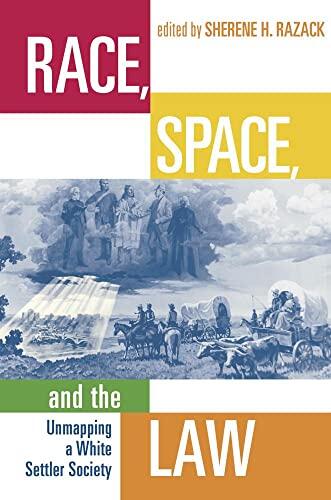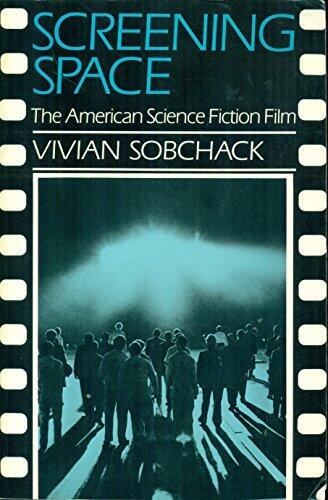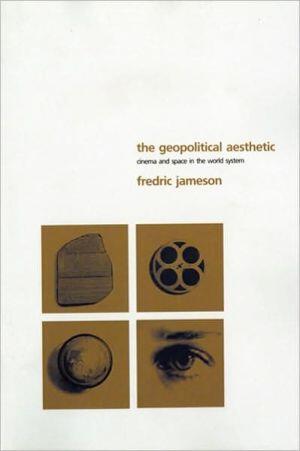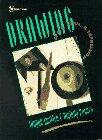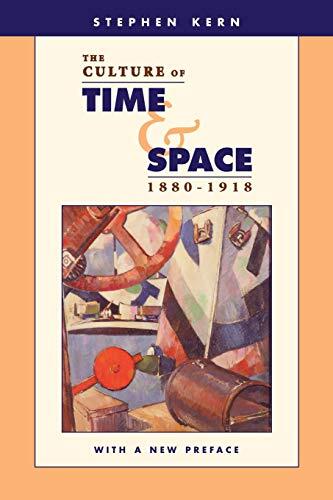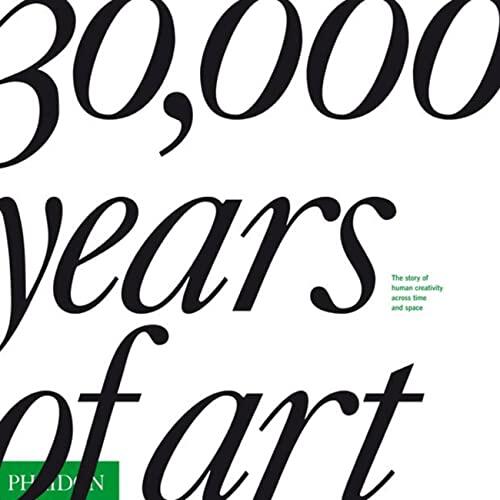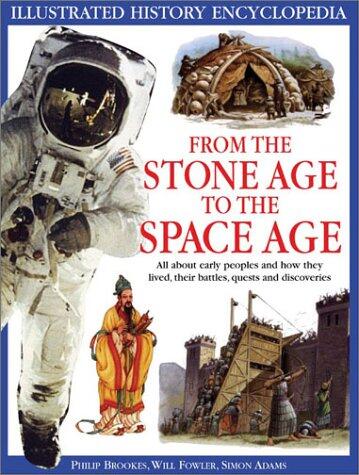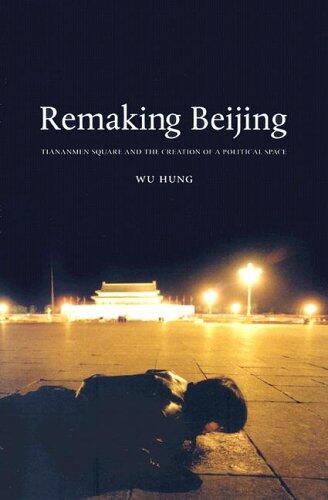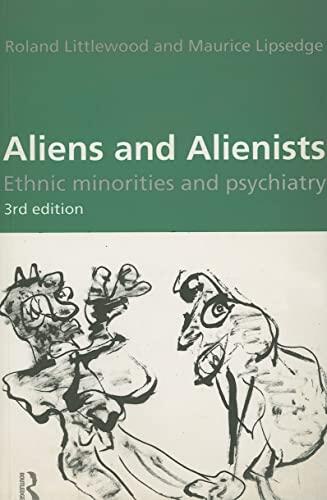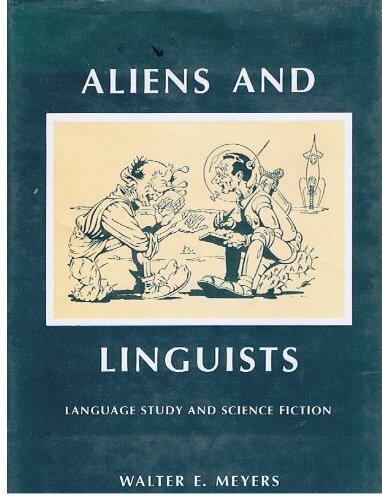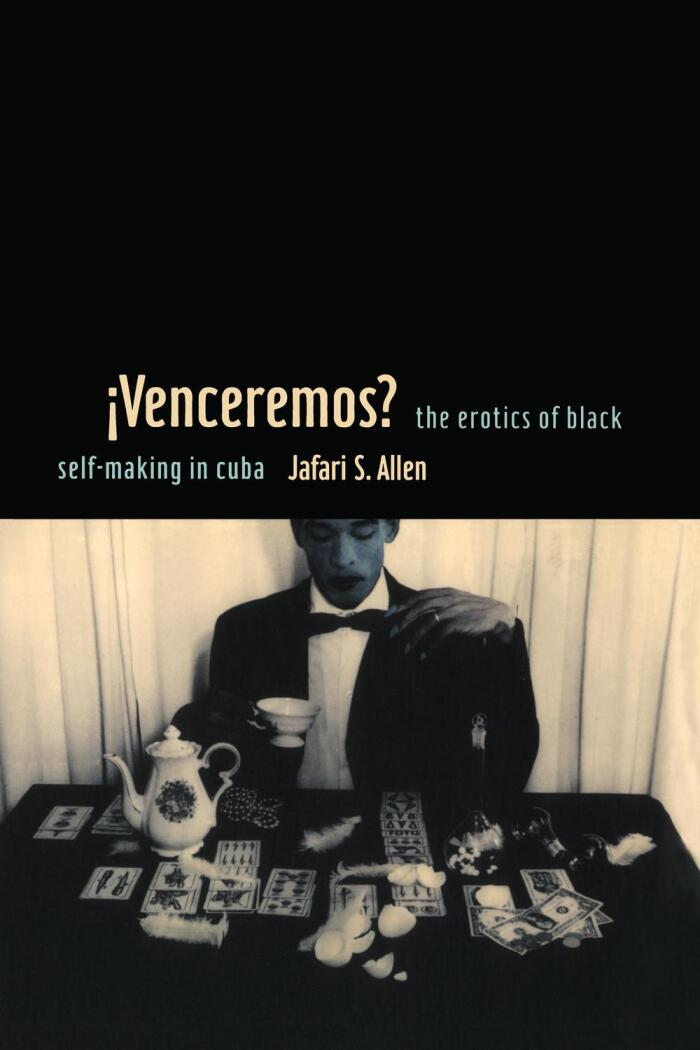
iVenceremos?: The Erotics of Black Self-making in Cuba
によって
Jafari S. Allen
まだ評価がありません
History
LGBTQ+
形式
キンドル
ページ数
256
言語
英語
公開されました
Jan 1, 2011
出版社
Duke University Press Books
版
1
ISBN-10
0822393808
ISBN-13
9780822393801
説明
In a vivid exploration of identity and desire, this work delves into the complex intersections of race, sexuality, and politics in contemporary Cuba. Through a lens that focuses on the erotic, the author unravels the ways in which Black self-making is intricately tied to the broader revolutionary ethos that aims for equality and dignity.
The narrative challenges conventional understandings of both Cuban socialism and Black identity by weaving in personal stories, historical analyses, and cultural critique. Allen digs deep into the multifaceted nature of Black existence, revealing how the erotic becomes a space for liberation and self-definition in a society striving for progress amidst ongoing struggles.
Throughout the pages, readers encounter a rich tapestry of voices and experiences that reflect the unique challenges and triumphs faced by Afro-Cubans. The author’s intimate and engaging prose invites an examination of how self-making can serve as both a personal journey and a collective resistance against systemic oppression.
By illuminating the erotic as a vital component of this self-making process, the work ultimately calls for a reimagining of the revolutionary narrative, urging a comprehensive understanding of identity that encompasses both pleasure and pain in the quest for a more equitable future.
The narrative challenges conventional understandings of both Cuban socialism and Black identity by weaving in personal stories, historical analyses, and cultural critique. Allen digs deep into the multifaceted nature of Black existence, revealing how the erotic becomes a space for liberation and self-definition in a society striving for progress amidst ongoing struggles.
Throughout the pages, readers encounter a rich tapestry of voices and experiences that reflect the unique challenges and triumphs faced by Afro-Cubans. The author’s intimate and engaging prose invites an examination of how self-making can serve as both a personal journey and a collective resistance against systemic oppression.
By illuminating the erotic as a vital component of this self-making process, the work ultimately calls for a reimagining of the revolutionary narrative, urging a comprehensive understanding of identity that encompasses both pleasure and pain in the quest for a more equitable future.

